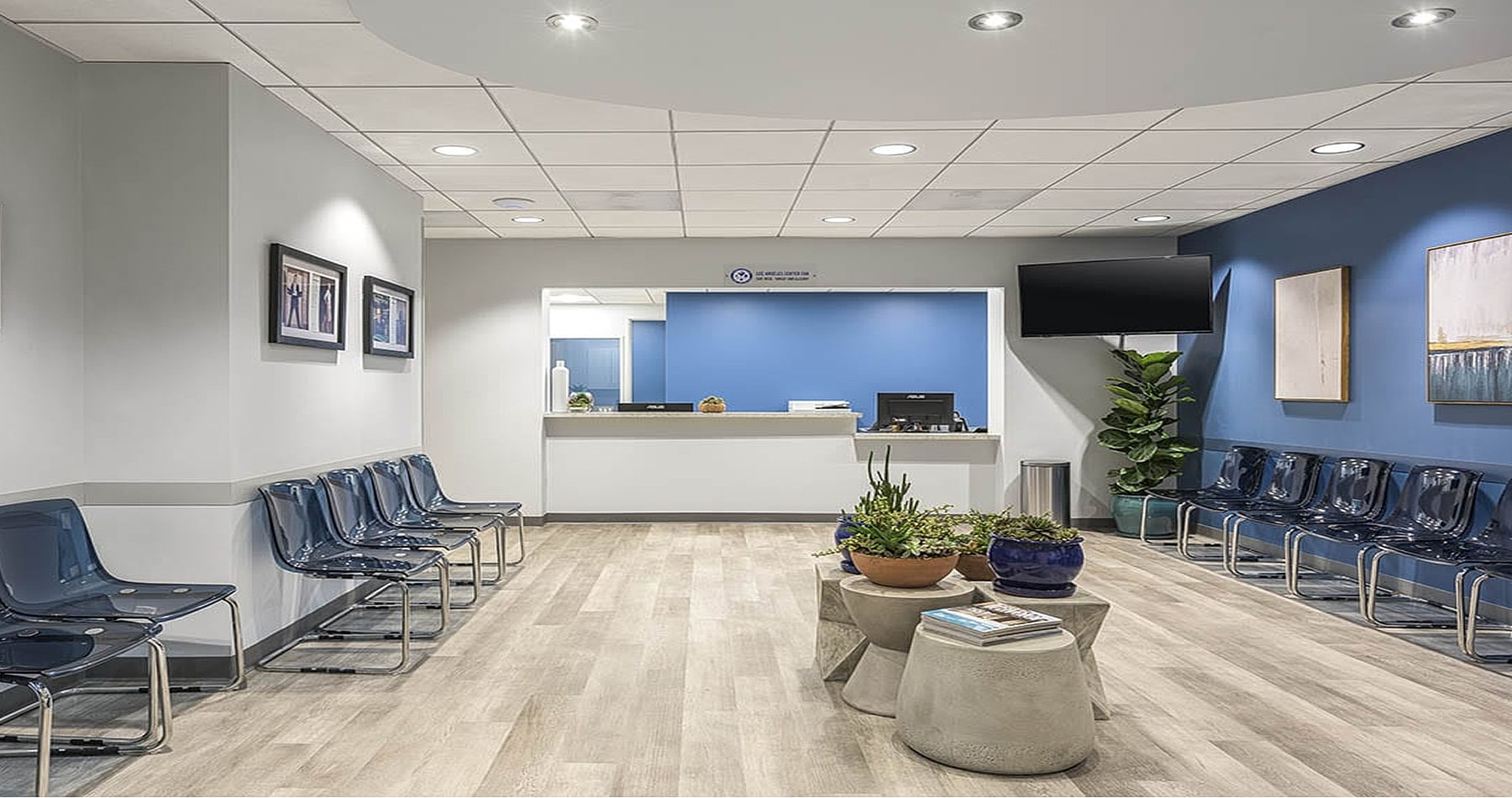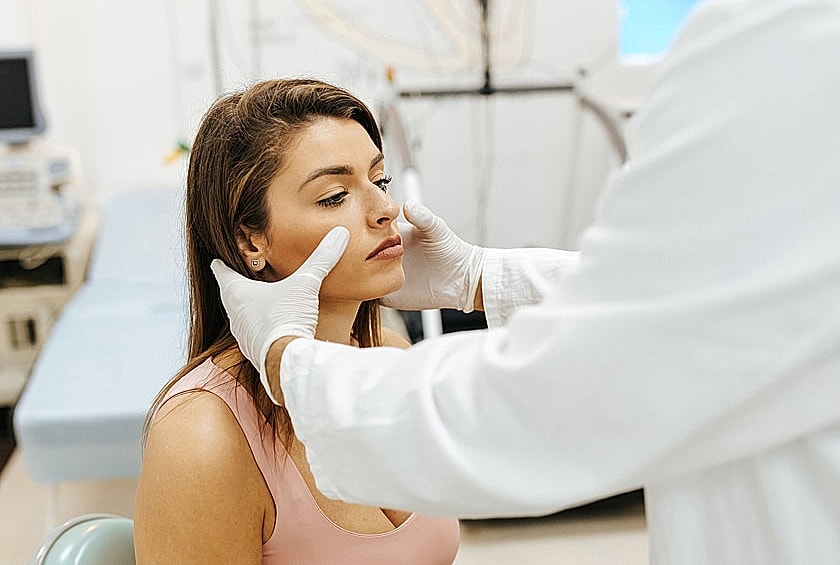
















Advancements in medical technology have transformed the way HPV-positive throat cancers are diagnosed and treated. At SoCal ENT, we offer Da Vinci Transoral Robotic Surgery, a state-of-the-art, minimally invasive procedure that enhances precision, reduces recovery time, and preserves essential functions like speech and swallowing.
Using advanced robotic-assisted technology, our expert surgeons can remove tumors with impressive accuracy, leading to better outcomes, fewer complications, and faster healing. If you or a loved one has been diagnosed with HPV-related throat cancer, our robotic surgery specialists are here to help you explore the best treatment options for you.





Da Vinci Transoral Robotic Surgery (TORS) is an advanced, minimally invasive procedure designed to remove HPV-positive throat cancers with greater precision and fewer complications than traditional open surgery.
The robotic-assisted system includes:
This high-tech approach allows for the complete removal of cancerous tissue while preserving vital structures related to swallowing and speaking, which may be affected by traditional surgical techniques.
During Da Vinci Transoral Robotic Surgery, your surgeon controls the robotic system in real time, using advanced instruments to access and remove tumors through the mouth without the need for large external incisions. Using Da Vinci, your surgeon can make detailed incisions with far more precision than the human hand can achieve.
Step-by-Step Procedure:
Most procedures take 2–4 hours, and patients typically recover faster compared to traditional open surgery.
Da Vinci Transoral Robotic Surgery is used to treat HPV-positive cancers in the head and neck region, including:
By removing tumors with extreme accuracy, robotic-assisted surgery reduces the need for more aggressive treatments like chemotherapy and high-dose radiation, leading to better long-term outcomes.

Da Vinci Transoral Robotic Surgery offers numerous advantages over conventional surgical techniques, including:

You may be a good candidate for Da Vinci Transoral Robotic Surgery if you:
During your consultation, our specialists will evaluate your medical history, imaging scans, and overall health to determine if robotic surgery is the best approach for you.

Recovery from Da Vinci Transoral Robotic Surgery is generally faster and less painful than traditional open surgery.

While individual results vary, the precision and minimally invasive nature of Da Vinci Transoral Robotic Surgery often leads to better long-term outcomes, lower complication rates, and an enhanced quality of life for patients battling HPV-positive throat cancer when compared to older methods of treatment.
Many patients see significant improvements in:
By completely removing tumors with precision, robotic surgery may reduce or eliminate the need for additional chemotherapy or high-dose radiation therapy.
Yes. The procedure has been used successfully worldwide and is associated with lower risks and faster recovery compared to traditional surgery.
Most procedures take 2–4 hours, depending on the tumor’s size and location.
Many insurance plans, including Medicare and Medicaid, cover the procedure. We recommend contacting your provider to review coverage details. Our office team can also help with verification.